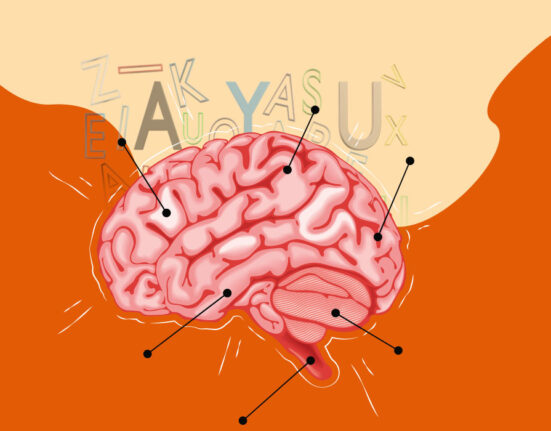Have anyone ever complained to you that you interrupt and intrude on other people too often or that you don’t pay attention to what they are saying? Or that you talk excessively and seem to have difficulty waiting for your turn and are impatient? Do you find yourself unable to remember daily activities and often lose things? Do you find yourself having difficulty listening to people. When they are talking to you or find it unable to follow through on instructions? Though people often tend to label such people as rude at times, it is not always so.
These are all symptoms of ADHD. Although not everyone who may connect to these symptoms has ADHD. It is advisable to have yourself evaluated if you find yourself strongly identifying with them. The Media often tends to portray many disorders in a way that is not completely true. Therefore, it is important to not just blindly believe everything one sees on social media. Yet to do their own research and also seek professional help.
Attention-Deficit Hyperactivity Disorder, sometimes known as ADHD, is a disorder marked by a recurring pattern of impulsivity and/or hyperactivity that interferes with functioning. It is a chronic condition. Symptoms vary from person to person and also varies according to the culture that the people hail from or live in. Although ADHD usually manifests in childhood, some people may not realise they have it until it significantly impairs their everyday functioning or until someone else detects it and has it evaluated.

Although most often than not the signs are present and interfere with their daily functioning. However, signs of the disorder may be minimal or absent when the individual is receiving frequent rewards for appropriate behavior, is under close supervision, is in a novel setting, is engaged in especially interesting activities, has consistent external stimulation, or is interacting in one-on-one situations. Studies have also shown that ADHD is more frequent in males than in females. However, this does not mean that there are not many women who may be having ADHD.
It only implies that as compared to the number of diagnosed men, the number of diagnosed women are fewer. ADHD is one of the most common neurodevelopmental disorders. There are no known risk factors or causes of ADHD as of yet. Even so, research shows that genetics has a role in it. Scientists are studying other possible risk factors that could lead to ADHD. This includes brain injury, premature delivery, alcohol and tobacco use during pregnancy or exposure to environmental risks during pregnancy or at a young age. All of these potential causes or risk factors point to a specific period in the lives of individuals. Either when they were foetuses or soon after birth.
This supports the statement that ADHD begins in childhood. Symptoms of ADHD typically first appear between the ages 3 and 6. There are many people who assume that eating habits and other lifestyle habits are also risk factors however it is not so. The lifestyle habits of an individual, their parenting, their social and environmental factors, etc. Although they do make the symptoms worse are not in themselves causes of ADHD.
ADHD, like all other mental disorders, not only affects the individual diagnosed with it. But also those around them as well. It’s difficult and even disruptive to have a family member with ADHD in your home. However, this does not mean that it is unbearable to live with those having ADHD. It just means that one needs to be more patient and understanding. People with ADHD often tend to make others around them feel that they are not interested in them. They would not necessarily miss their absence however they may not mean to come off like this. They may really like a person and yet during the course of their conversation may make them feel a certain way which doesn’t convey their actual feelings of the person.
According to the Diagnostical and Statistical Manual of Mental Disorders, the differential diagnosis for ADHD include oppositional defiant disorder, intermittent explosive disorder, other neurodevelopmental disorders, specific learning disorders, intellectual disability ( intellectual developmental disorder), autism spectrum disorder, depressive disorder, anxiety disorders, reactive attachment disorders, bipolar disorder, disruptive mood dysregulation disorder, substance use disorder, personality disorder, psychotic disorders, medication-induced symptoms of ADHD and Neurocognitive disorders. In most cases the treatment method for ADHD includes a combination of behavior therapy and medication. However, one must keep in mind that ADHD is a lifelong condition and the key to maintain it is to constantly seek out places where you thrive.













Leave feedback about this